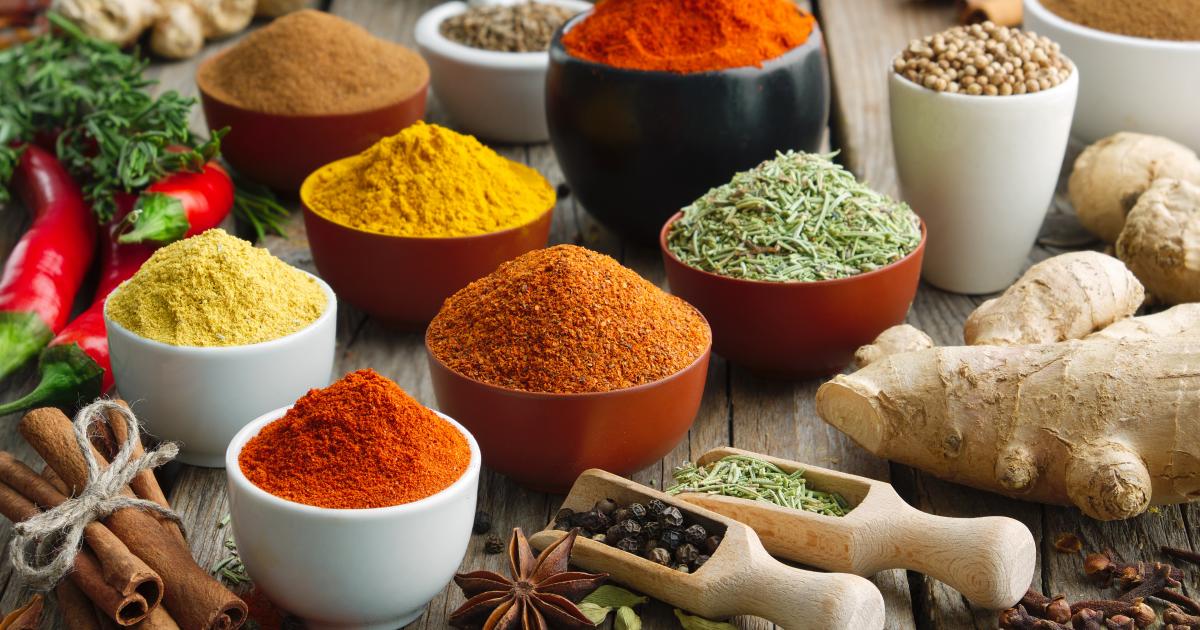
Suggested video What products are in season in August?
Video 1 of 2
Cheese naan, tikka masala, coconut curry… Indian spices allow us to cook famous Indian dishes. But right now, they are in the spotlight of international health authorities, after the detection of a potentially carcinogenic agent in certain products intended for export. In response to this threat, several countries have intensified their controls and withdrawn certain mixtures from the market. From Hong Kong to the United States, via the European Union, these measures aim to guarantee food safety in the face of a worrying situation.
Spices, a mainstay of Indian cuisine, are now in the international spotlight. Leading brands such as Everest and MDH, which dominate the market both in India and abroad, are at the centre of a major health crisis. Recent tests have found the presence of ethylene oxide, a cancer-causing chemical, in several of their products. The discovery has triggered a wave of recalls across the world, including in Singapore, New Zealand and the UK, where authorities have stepped up surveillance on imports of Indian spices.
In India, the response to this health crisis has been deemed slow and inadequate. Although the country has taken steps to reduce the use of ethylene oxide, the lack of rigorous control systems continues to raise concerns. This is not the first time that the safety of Indian spices has been called into question: in 2014, traces of lead were discovered, and in 2021, products were rejected due to salmonella contamination. The recent decision by Indian authorities to increase the permitted thresholds for pesticide residues in spices has only amplified concerns about food safety in the country.
Source:https://www.750g.com/curry-curcuma-et-autres-epices-indiennes-sous-la-surveillance-des-autorites-sanitaires-mondiales-a38154.htm


